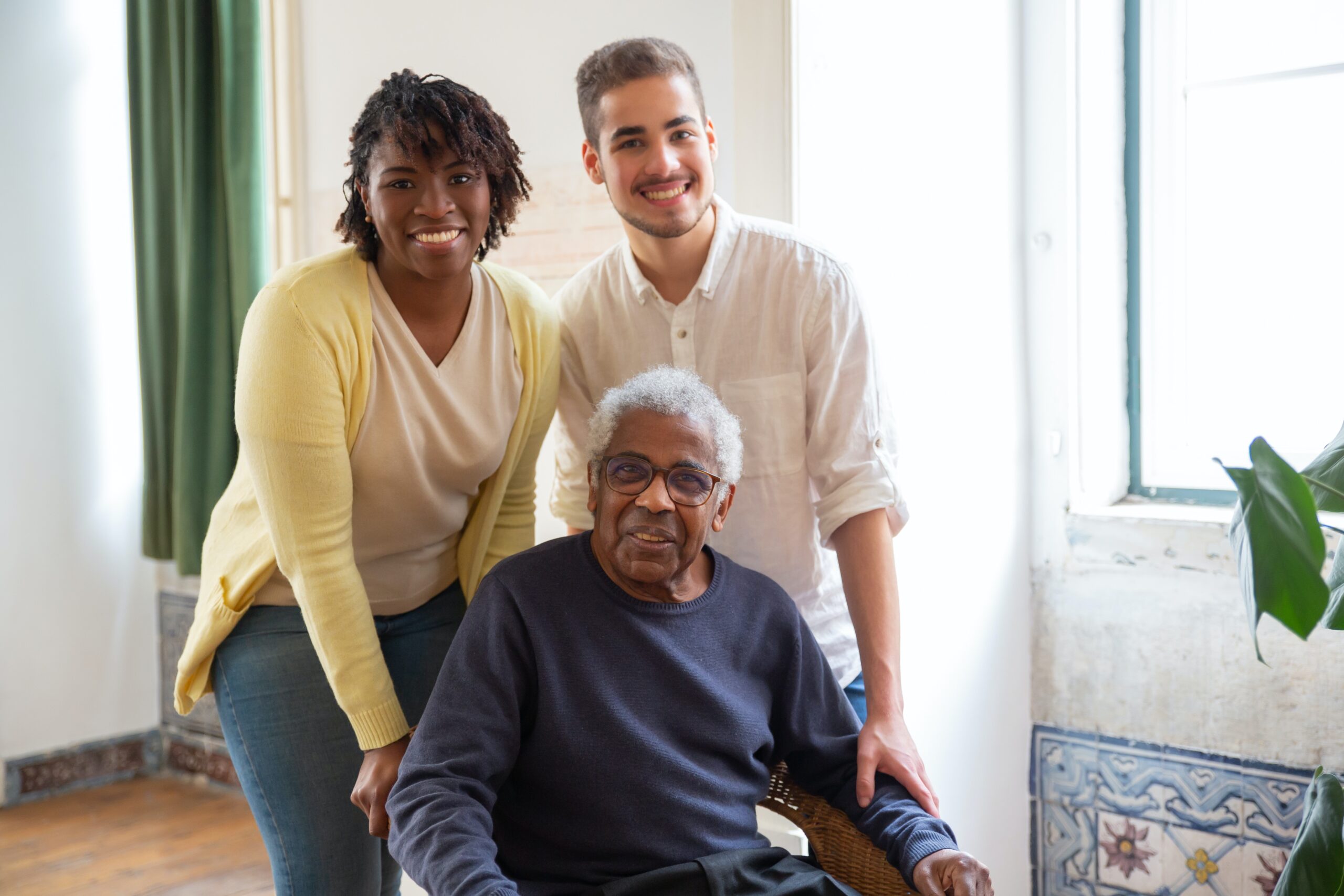Authored by Holly Klamer, Freelance Writer
Memory issues can be complex. That’s why many decide to send their elderly away to an assisted and senior living center. But, even if you decide to care for them at home, there are effective and inexpensive ways to care for your loved ones that require no dime at all. Here they are…
Keep an Eye on Their Sleep
While quality sleep is not going to cure memory issues; it does help to solidify connections responsible for memories. According to a study, sleep strengthens the neural connections that manage short-term and long-term memory. But, how much sleep should your seniors get? Well, it depends! Ideally, they should get anywhere between 6-9 hours of sleep.
One more aspect of sleep for elders is that it should be uninterrupted. Studies tell us that if the sleep is interrupted multiple times during the night, it could cause memory issues. It will be tough for the elderly to put together different pieces of memory.
Make Sure they Exercise Regularly
Exercise is good; no matter your age. It can be particularly good during old age to keep you mentally sharp as a tack. There’s strong evidence that even exercising 3 times a day for even an hour could result in better blood flow towards the brain. Take a look at this study done by Harvard on more information about the same.
To ensure the mental and cognitive health of your elderly, you must get them moving. The release of endorphins and happiness hormones during exercise will also help to improve their appetite. Exercise is also an excellent opportunity for socialization for seniors..
Change the Way You Spend Quality Time Together
You have to understand that someone with a progressive disease such as Alzheimer’s and Dementia needs an ever-evolving care routine. That means, you have to regularly assess their mental cognition levels and accordingly keep changing the level of care and attention.
When it comes to spending time with them, avoid getting into too many complex conversations or games that are too demanding for them. Instead, you could switch to listening to soft music together, playing music together or looking at old photos to reminisce about the time gone by.
Make A Proper Diet Chart
Try to limit their intake of trans and saturated fat. Foods like beef, red meats, dairy, steak, fried stuff, and junk foods can cause bad cholesterol to shoot up. Not only is it super harmful to your arteries but it could also lead to poor brain health. Result? Your memory gets impacted.
So, one of the best things you can do for the seniors in your home is to work with a dietician. To that end, you can include things like fruits, olive oil, nuts, vegetables, greens, leafy stuff, etc. A healthy diet keeps the chances of strokes and memory issues at bay.
Play Brain Games for Mental Exercise
One of the interesting things about the human brain is that it loves new things. Because any new experiences lead to the development of new brain cells and better neural connections.
It’s good to sit down with your seniors and get a board game out. You could even get them to learn an instrument. Encourage them to work on a new skill set. It’s good for both hand-eye coordination, better memory, improved mental faculties, and cognitive health. That’s the reason why most memory care facilities for seniors encourage people to get together and play games with each other.
Get them a Pet to Play Around With
According to the Center for Disease Control, the bond humans share with their pets tends to have a lot of physical and mental health benefits. There’s no doubt that people with pets are happier and more fit.
Whenever possible, try to get your senior a pet like a cat or a dog. If they are old and will not be able to care for the pet, try to get a low-maintenance animal like a cat or a bird.
Having a pet comes with the following health benefits:
- Overall happier disposition
- Less feelings of loneliness
- Lowers blood pressure level
- Better opportunities for socialization
- More opportunity for exercise
Work with Experts To Understand and Manage Memory Issues
Memory issues can be complex. They impact everything from physiology to brain health to an adult’s behavior. Many of those behaviors can be difficult to deal with even for the most patient caregiver or family member.











